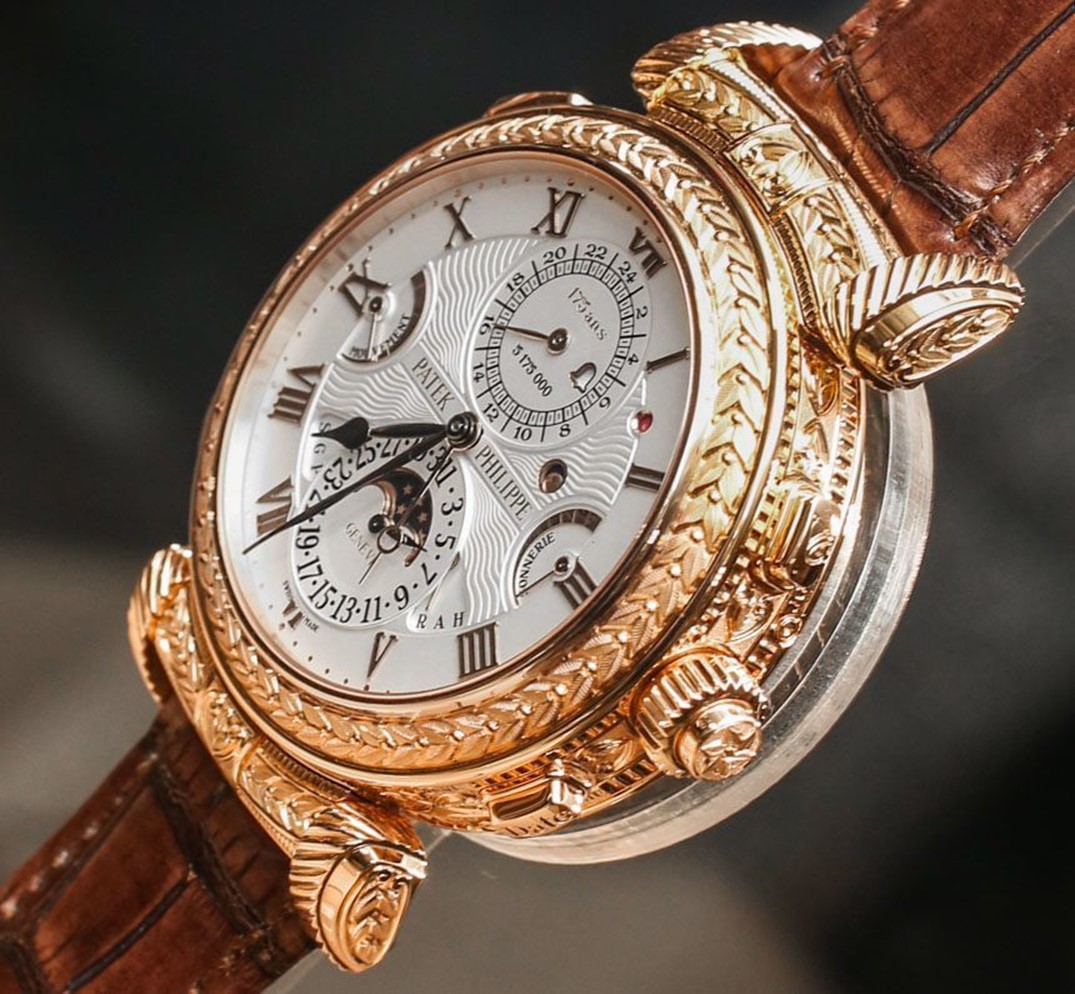The Economics Of Luxury Watches
October 24, 2016 in Daily Bulletin

All of us have phones that tell the time. Why then do people pay thousands of dollars for watches? Simon Garfield delved into the industry:
- Entry level luxury watches cost about £42,000. Others can cost as much as £1 million.
- They’re expensive in part because of the complexity of luxury mechanical watches. They can have as many as 1,366 miniscule parts – about six times the number of bones in the human body.
- Due to the need for precision these parts are expensive. Even the smallest screw can cost $10.
- And then there are the wages for the few craftsmen that are skilled enough to spend their time meticulously building the watch by hand.
- One of the reasons demand is high is because for men it is one of the few forms of broadly acceptable jewelry.
- Watches have also taken on the air, of, well…timelessness. A person’s name can be etched on it, as, say, a wedding gift, and the recipient could conceivably use it for the rest of their life, in a way that would never be true of a luxury smartphone.
- The purchase process is unique. Flagship stores will take customers back to an earlier era with shops that lack any type of digitization. Clerks are taught calligraphy so that they can create receipts by hand.
- Private rooms are available for customers to spend time with the watch and get to know it before making the decision to purchase. If they go ahead with it, then they can expect the store to bring them a bottle of champagne to celebrate.
- The Swiss dominate the market. They sell just 1.7% of the world’s watches, but command 58% of the revenue.
- Time plays a weird role in the world of watches. Top watches will often have a waiting list as the few craftsmen that can build them usually have a backlog.
- The industry also plans in advance. One company recently approved designs for its 2028 collection.
The full article talks a lot more about the industry, its history, and much more. Read it at The Guardian.
Join the Discussion! (No Signup Required)